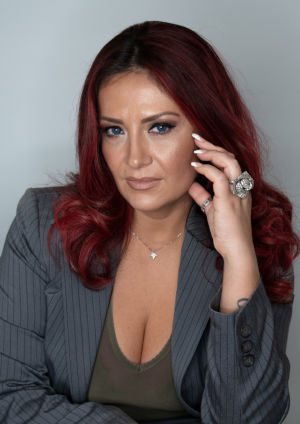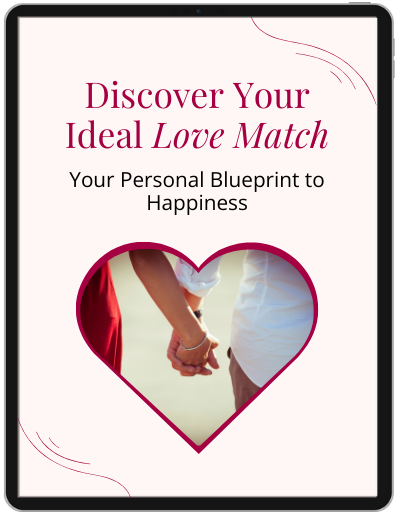We tend to blame others for many of our struggles and we often refuse to see that our disappointment, frustration or anger are a direct result of a gap between how we want things to be and the objective reality.
Sure, we would all love a world in which everything happens exactly as we imagine it: we get the perfect job, the perfect partner, all the money and stability in the world and life keeps getting better every day. Except, even if it did, we would most likely want more!
We spend a lot of our time frustrated that people can’t read our minds, especially when it comes to our romantic relationships. The ‘If you really loved me, you would do this without me asking’ is a line I often hear when couples argue, even when that particular request was never actually expressed.
Why do we assume people know what we expect them to do without telling them?
Dating and marriages as well as any interpersonal relationships come with a bunch of ‘rules’ that lead people to make a lot of assumptions about each other and the nature of that relationship.
For example, when we start dating someone, we expect them to stop seeing other people, as one of the unspoken contracts of a relationship is exclusivity.
However, it’s often complicated to know when is the right time to expect this. Some people think an explicit agreement is needed (ie. The “What are we?” talk), while others just assume they are in a committed relationship because they have a strong connection and they spend time together.
Let’s say a couple meets on a dating app. At first, things are casual and the main expectations are around who messages first, how often they connect and how soon does the relationship move to the next level. Potentially, for one partner this next level is a purely physical relationship: for the other something more serious.
They may be meeting a few times, talk a lot and feel the connection growing. But then disaster strikes! One partner is still on dating apps and he/she is also seeing other people. The other has already moved on to being a part of an ‘instant couple’. This isn’t really a surprise as many people create a fantasy of what a relationship is about without sharing these expectations with the other.
It goes without saying that not all expectations are unrealistic, however. These rules play an important role as they define what is an appropriate and socially acceptable behavior towards others. But we still need our own moral compass to decide what is reasonable and what is asking for too much.
Whether you are in a relationship already or still looking for The One, it may be helpful for you to ask yourself a few key questions:
- What are my expectations of myself in this relationship?
What do I believe I need to be and do, how and what I need to give to my partner to create my ideal relationship? We usually frame this question as ‘shoulds’ so it may sound like: “ I should be more understanding and accommodating, I should be less demanding, I should open myself more”. Depending on the kind of relationship you want to create, it is up to you to decide what you need more or less of. - What are my expectations of my partner?
This helps you understand what your standards and deal breakers are and what are those things you cannot negotiate on. It is helpful to check with others (friends, family, coaches) to verify these expectations are reasonable and if needed, brainstorm suitable adjustments. - What can my partner reasonably expect of me?
This question will help you understand whether you are asking too much of yourself especially if you ask your partner to confirm their actual expectations. The gap between the reality of their expectations and your own image of how you need to be will give you clarity on what you may need to work on.


